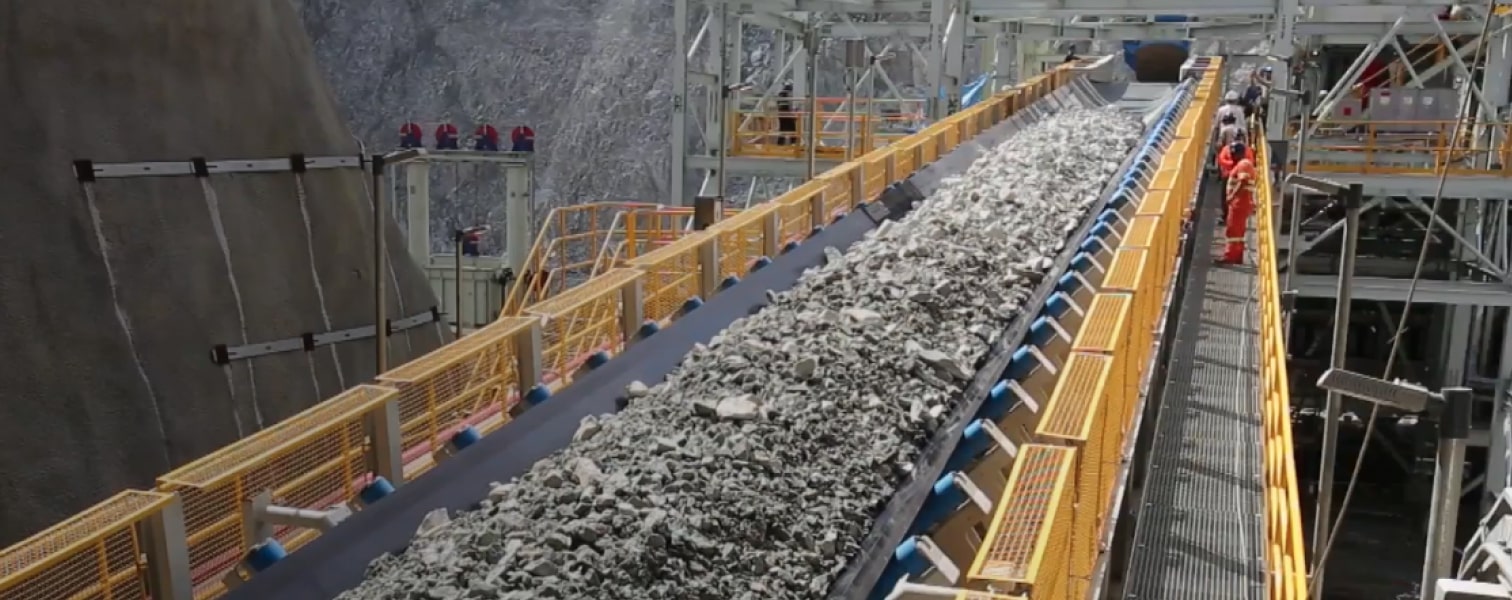
Nickel
Nickel is our second most prevalent commodity.
Key to advancing the energy transition
Demand for nickel is growing, driven mainly by changes in societal needs.
It is a critical component in the batteries that power electric vehicles and is vital to creating more energy-dense and longer-range batteries. Beyond batteries, nickel is also becoming more important in new energy technologies, due to its use in energy systems such as grid storage. As these technologies expand, so too will nickel’s role in the energy transition.
Nickel is essential to industrial development, with around 70% of global nickel consumption dedicated to stainless steel production. It is widely used in products and infrastructure that prioritize durability and corrosion resistance. Nickel is commonly found in appliances, cookware and cutlery, elevators and escalators, building materials, and fixtures. A typical stainless steel pan contains around 150 grams of nickel, while a kitchen sink might contain around 1 kilogram of nickel. Over the past 30 years, demand for nickel in the stainless steel sector has grown at an average annual rate of 4%, driven by ongoing urbanization and infrastructure development.
Nickel plays a critical role in aerospace, defense and naval applications due to its high temperature strength and corrosion resistance. In aerospace, nickel-based superalloys, often containing over 50% nickel, are used in jet engines and gas turbines to withstand extreme heat and stress, ensuring reliable performance. In defense, nickel is used in armor plating, while in naval applications nickel alloys are essential for structural and propulsion components in ships and submarines.
With society’s growing focus on sustainability, nickel recycling from batteries, electronics and steel scrap is likely to increase, leading to a more circular economy of nickel. However, additional supply will still be needed to meet demand.
KEY METRICS
Hidden uses enabled by unique properties
Many uses of nickel are not obvious at first, but because of its intrinsic properties – toughness, corrosion resistance, energy density and storage – it plays an important role in many areas of society.
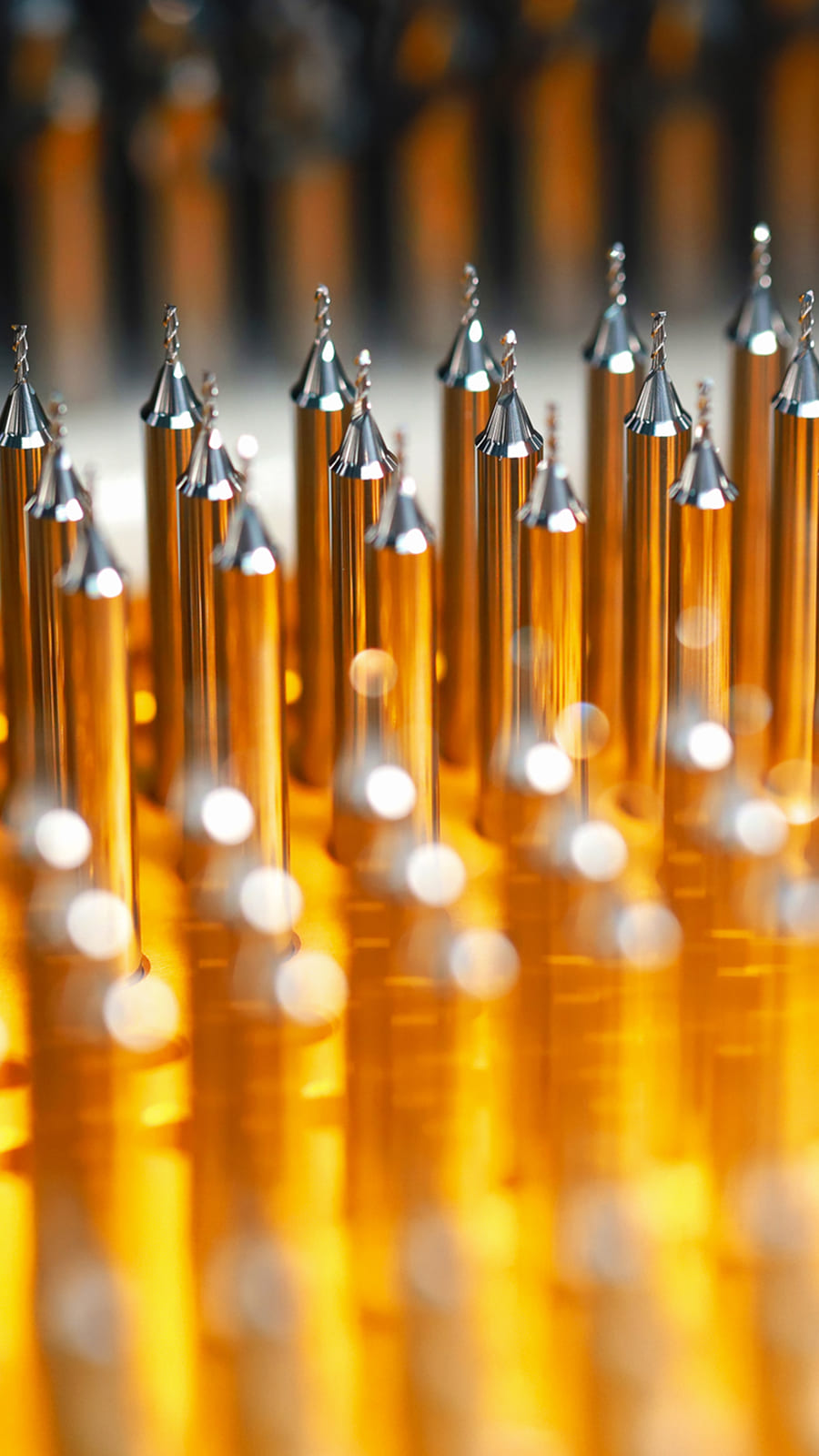
Health and wellbeing
The qualities and high performance of nickel-containing stainless steel plays a vital role in the manufacture of advanced medicines, as well as medical devices and equipment. Nickel enhances the ability of stainless steel to withstand repeated sterilization while remaining strong and resistant to corrosion, giving costly instruments a long lifespan without loss of quality.

Clean water & sanitation
Nickel assists in virtually every step of the delivery of drinking water. Nickel’s strength, toughness, ductility, ease of welding and corrosion resistance are ideal for use in water treatment, transportation and distribution. Nickel-containing stainless steel is used in water pipes, water treatment plants and equipment that is durable, easy to install and safe to use. In this way, nickel contributes to an efficient infrastructure which provides clean water and minimizes water loss.

Affordable clean energy
As a key component in batteries, wind turbines, solar cells, bio energy plant and equipment, as well as carbon capture and storage and nuclear power, nickel plays a role in the production and storage of low carbon energy. Nickel enables such technologies to be a central part of the world's efforts to tackle climate change.
Essential applications
adding value throughout society
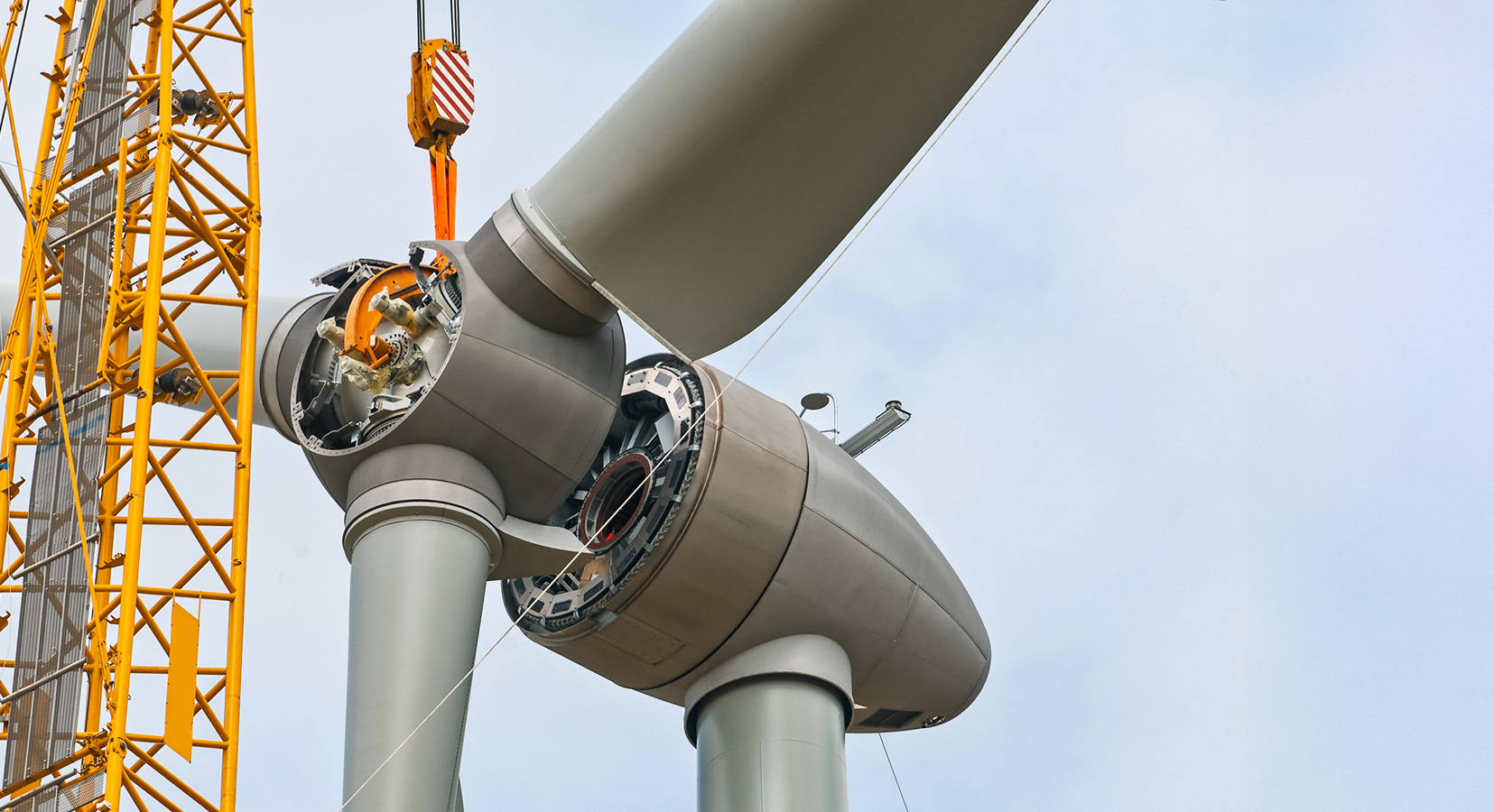
Industrial nickel
- Stainless steel
- Batteries
- Nickel-based alloys
- Plating
- Alloy steels
- Stainless steel foundries
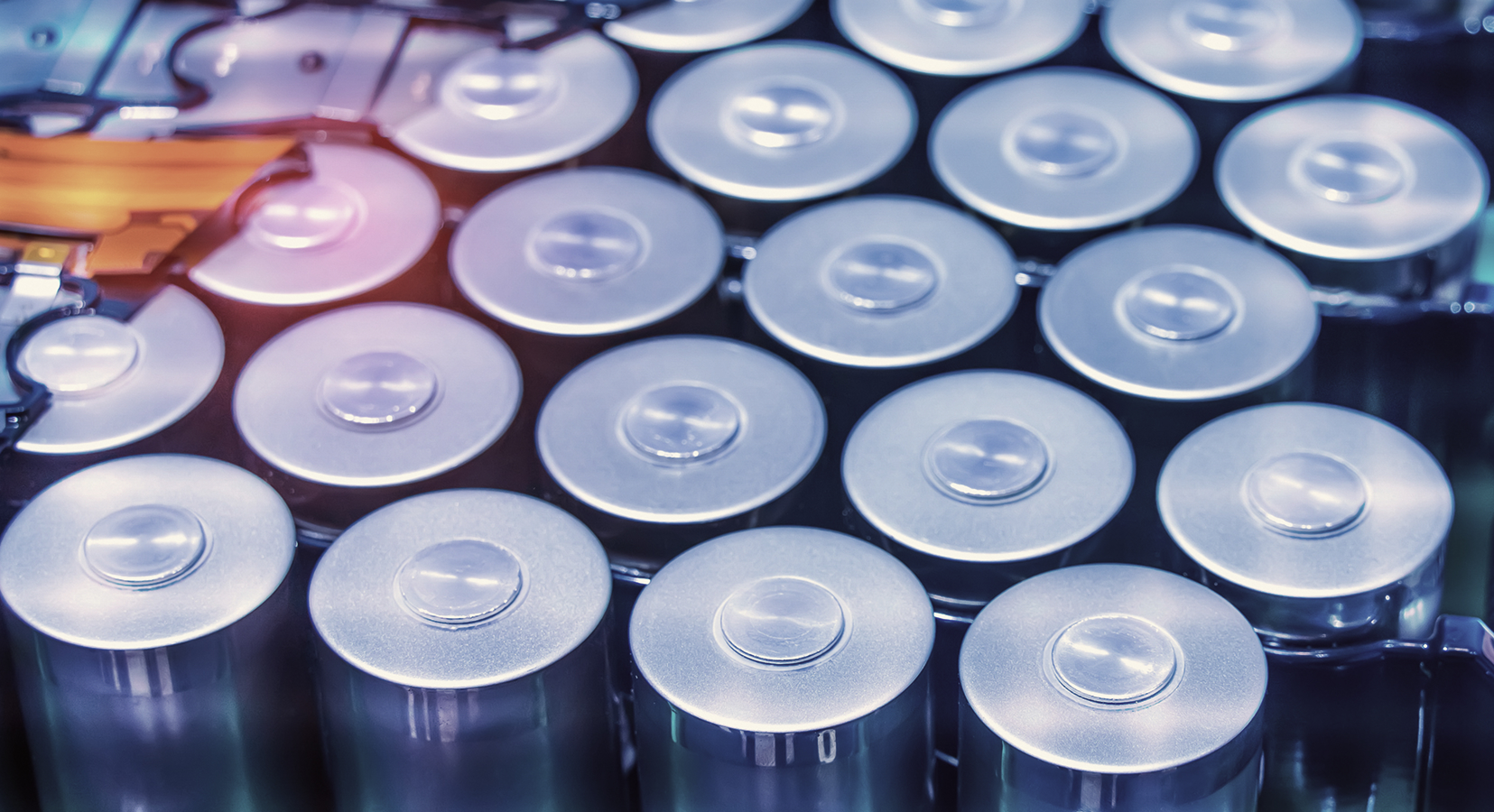
End uses of Nickel
- Consumer goods, catering and food processing
- Mobility and transport
- Process industries
- Architecture, building and construction
- Energy

Modern mining
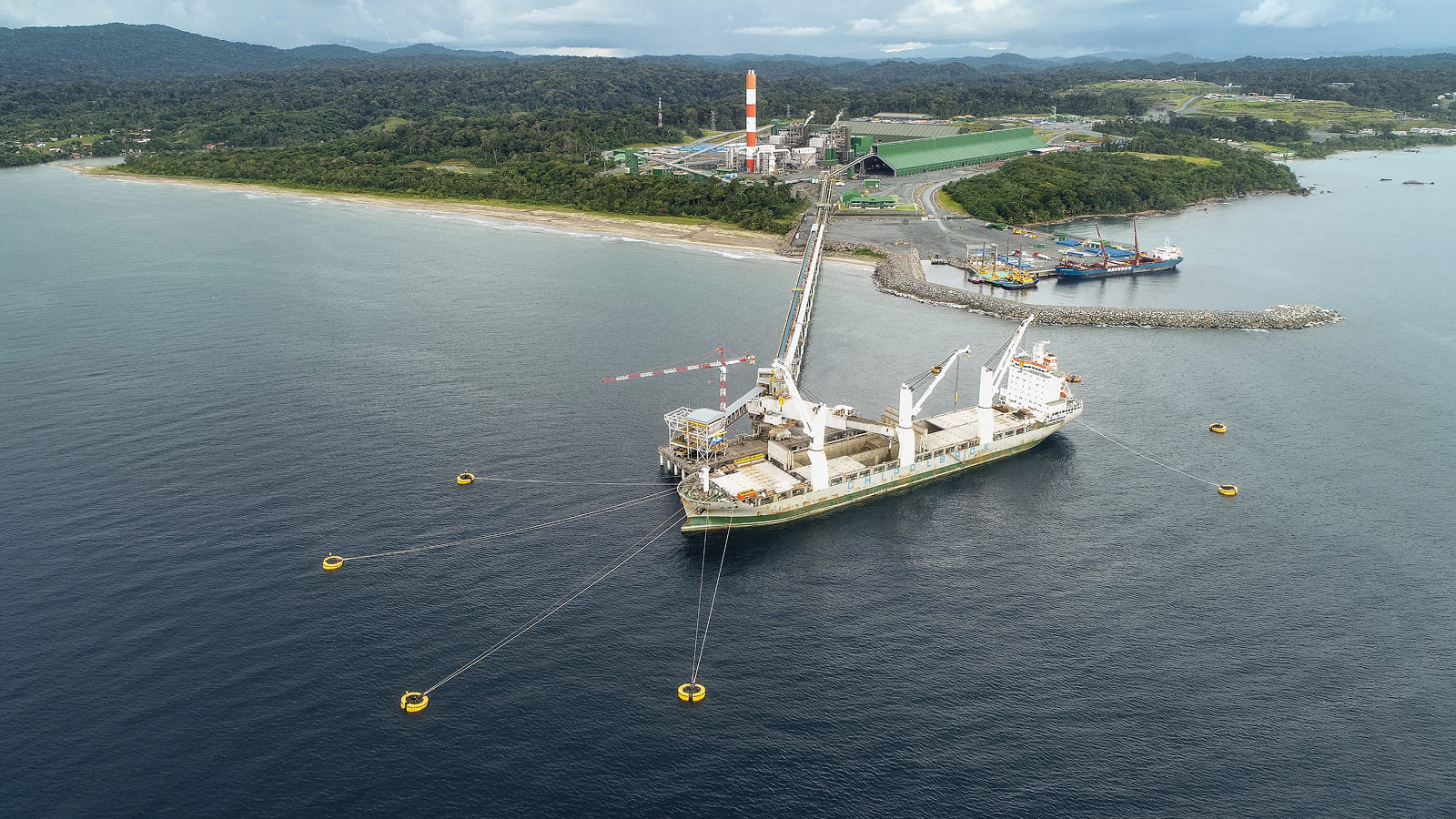
Diversified supply lines
Where we extract Nickel

Zambia
Enterprise

Australia
Ravensthorpe
Copper
Other metals
Stay up to date
Sign up to receive updates with insights and stories from around First Quantum, our operations, our projects and our communities.
Sign up